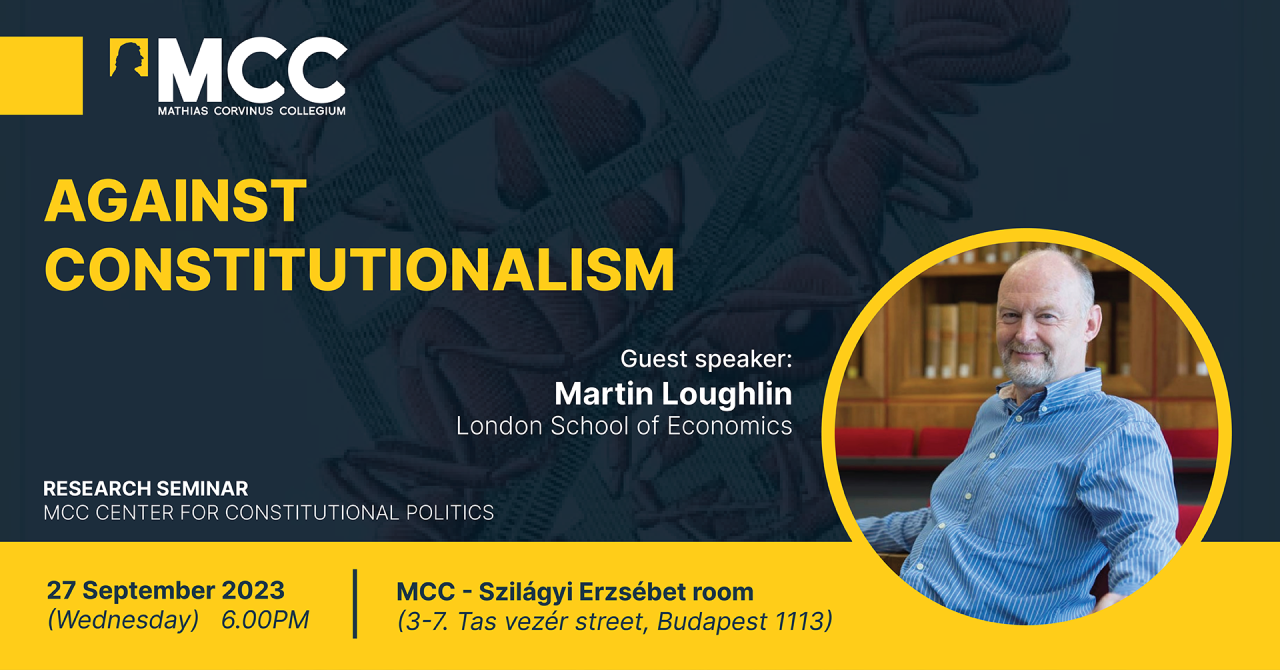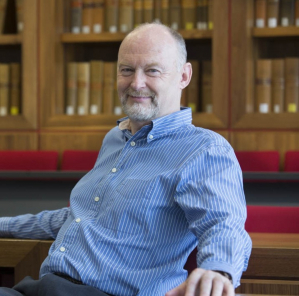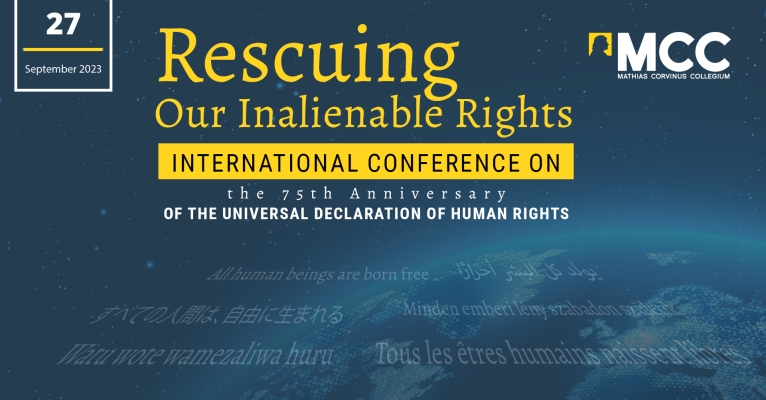Constitutionalism is universally commended because it has never been precisely defined. Martin Loughlin argues that it is not some vague amalgam of liberal aspirations but a specific and deeply contentious governing philosophy. An Enlightenment idea that in the nineteenth century became America’s unique contribution to the philosophy of government, constitutionalism was by the mid-twentieth century widely regarded as an anachronism. Advocating separated powers and limited government, it was singularly unsuited to the political challenges of the times. But constitutionalism has since undergone a remarkable transformation, giving the Constitution an unprecedented role in society. Once treated as a practical instrument to regulate government, the Constitution has been raised to the status of civil religion, a symbolic representation of collective unity.
Against Constitutionalism explains why this has happened and its far-reaching consequences. Spearheaded by a “rights revolution” that subjects governmental action to comprehensive review through abstract principles, judges acquire greatly enhanced power as oracles of the regime’s “invisible constitution.” Constitutionalism is refashioned as a theory maintaining that governmental authority rests not on collective will but on adherence to abstract standards of “public reason.” And across the world the variable practices of constitutional government have been reshaped by its precepts.
Constitutionalism, Loughlin argues, now propagates the widespread belief that social progress is advanced not through politics, electoral majorities, and legislative action, but through innovative judicial interpretation. The rise of constitutionalism, commonly conflated with constitutional democracy, actually contributes to its degradation.
Martin Loughlin is Professor of Public Law at the London School of Economics. He was educated at LSE, the University of Warwick and Harvard Law School and held chairs at the Universities of Glasgow and Manchester before returning to LSE in 2000. He was a member of the Editorial Committee of The Modern Law Review from 1987 to 2010, serving as General Editor between 2002-07, and now sits on its Advisory Board. Martin was elected a Fellow of the British Academy in 2011 and in 2015 was awarded an honorary LL.D. by the University of Edinburgh. Between 2000 and 2002 he held a Leverhulme Major Research Fellowship, in 2007-08 was a Fellow of the Wissenschaftskolleg zu Berlin, in 2012-13 held a Law & Public Affairs Fellowship at Princeton University, in 2016-17 was EURIAS Senior Fellow at the Freiburg Institute of Advanced Studies, and in Jan-March 2019 was a MacCormick Fellow at Edinburgh University. Martin has been a Visiting Professor at many law schools including Osgoode Hall, Paris II, Pennsylvania, Renmin University (Beijing), and Toronto.
Research Seminar Series
- Nigel Biggar (Univeristy of Oxford): What’s Wrong with Rights?
- John Wyatt (Faraday Institute Cambridge): Right To Die?
- Michael Freeden (University of Oxford): Concealed Silences and Inaudible Voices in Political Thinking
- John Larkin (former Attorney General for Northern Ireland): Judicial Power in the United Kingdom
- Asanga Welikala (University of Edinburgh): The Common Good and Comparative Constitutional Laws
[Registration for students is possible through TAR system! / A jelentkezés a diákok számára a TAR rendszeren keresztül lehetséges!]



